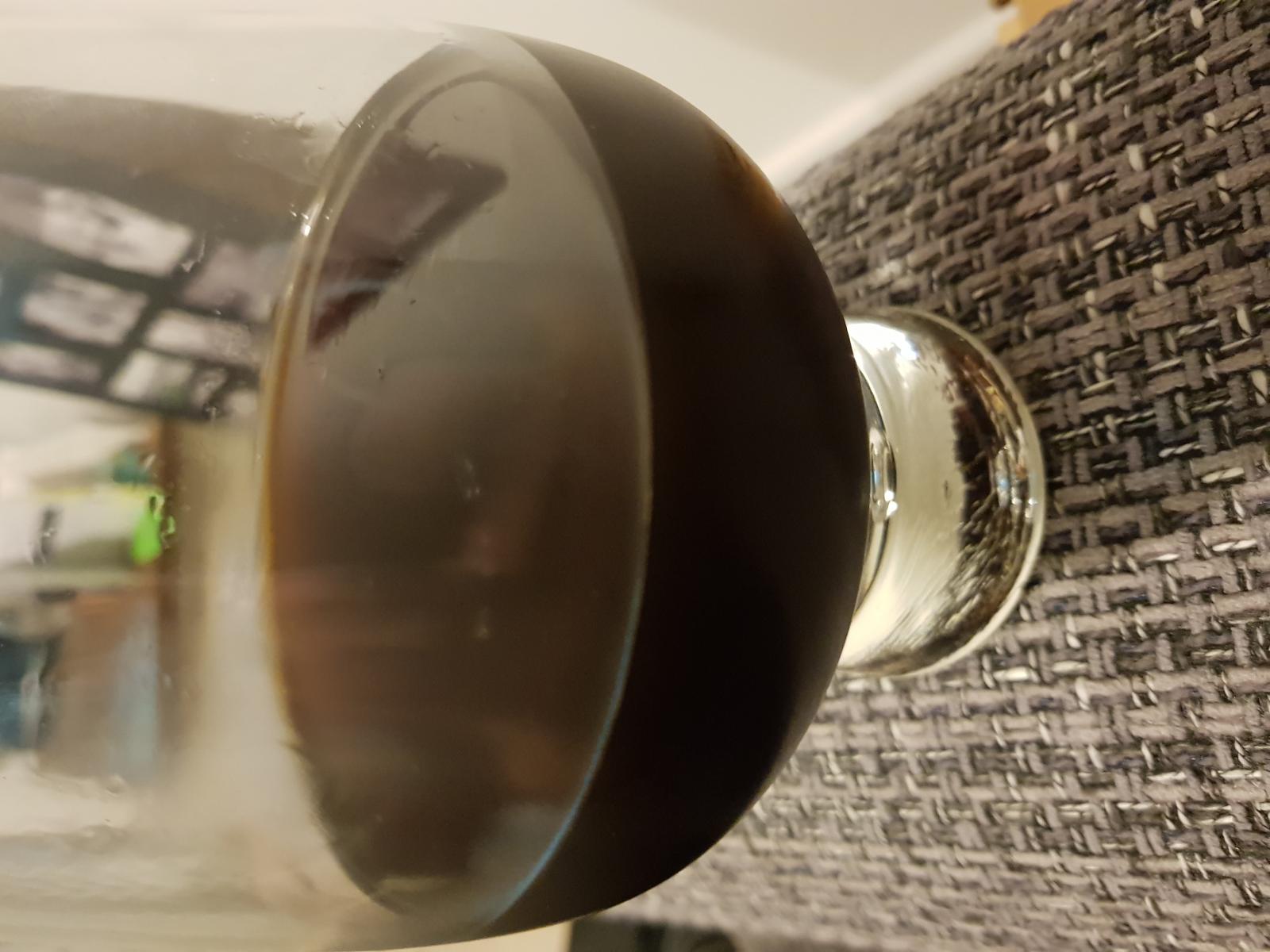I am relatively new to homebrewing but my first batch came out great and after a while bottle conditioning the beer had carbonated and I got a good head on my beers when pouring. I have since got a beer fridge with temp controller so have decided to make use of it and cold crash my beers to get the clearer. The last 2 batches one an apa and the other a scotch ale have no head on them at all and feel like they arent carbing up as much. They have been sat in a warm fridge conditioning some for up to 6 or 7 weeks yet still the same. The picture attached is a scotch ale that has been conditioning for just over 5 weeks now at around 19 degrees celcius and it just looks like coca cola when poured with no head at all. Is this a result of cold crashing? If so I may look to stop doing it in future if its just going to help clarity at the expense of proper carbonation.













































![Craft A Brew - Safale S-04 Dry Yeast - Fermentis - English Ale Dry Yeast - For English and American Ales and Hard Apple Ciders - Ingredients for Home Brewing - Beer Making Supplies - [1 Pack]](https://m.media-amazon.com/images/I/41fVGNh6JfL._SL500_.jpg)












